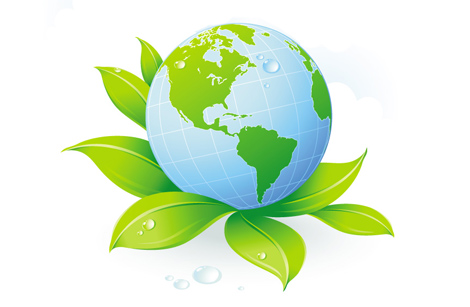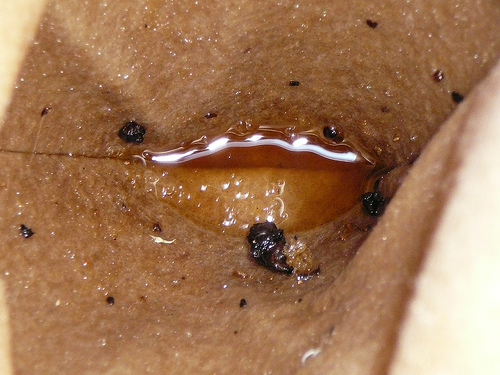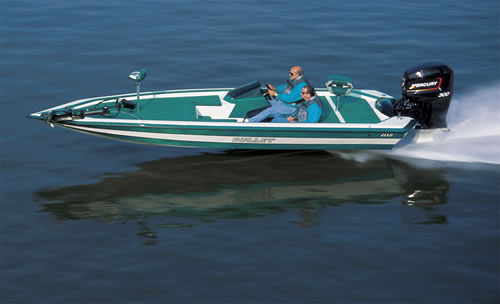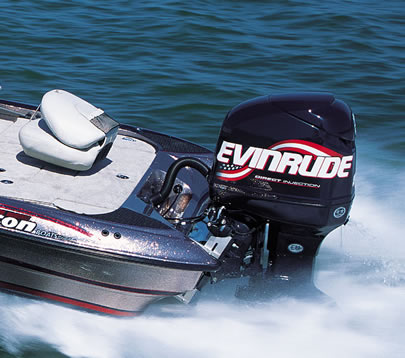Keep an Eye on Your Outboard
A recent influx of outboard motor thefts in the Florida Keys has served to remind boaters to remain vigilant on dry land. According to the Miami Herald, bandits have been targeting high-quality Mercury and Yamaha outboards. In this calendar year alone, there have been 53 cases of marine engine theft, and the vast majority of them have gone unsolved.
Officers working on the cases have said that the robbers are anything but brazen; in fact they have been known to strike only when a motor is left unattended and readily accessible. It stands to reason, then, that small boat owners would benefit by storing their boats in garages after use, or, in some cases, detaching the motor and stowing it away inside. It’s not unusual for the motor to be far and away the most valuable part of a boat, and crooks are not ignorant of that fact.
Although this problem has been particularly rampant in Florida, it’s important for all owners of small craft to remain alert. It’s best to think of outboard engine security as simply another facet of day-to-day maintenance. Just as you would provide your engine with quality boat motor oil to keep it running strong and smooth, you should keep an eye on your outboard.




 Boat owners who regularly use small crafts might wonder why 2-stroke oil additives matter so much. In truth, the additives found in a fuel-oil mix are just as important as the quality of the oil itself. The chief goal of any outboard motor oil is to lubricate the engine and keep it running smoothly. That would not be possible without additives such as ashless detergents.
Boat owners who regularly use small crafts might wonder why 2-stroke oil additives matter so much. In truth, the additives found in a fuel-oil mix are just as important as the quality of the oil itself. The chief goal of any outboard motor oil is to lubricate the engine and keep it running smoothly. That would not be possible without additives such as ashless detergents.


 Even the most resilient outboard engines can be affected by weather conditions, and if not prepared, these weather conditions can cause the outboard to fail. For example, with two stroke outboard engines, cold weather can cause the spark plugs to foul. This situation would be caused by an improper gasoline to oil mixture, or using an inferior brand of outboard oil. While it’s hard to go wrong with oil that is TC-W3 certified, not all oils are created equal. The additives in certain brands of
Even the most resilient outboard engines can be affected by weather conditions, and if not prepared, these weather conditions can cause the outboard to fail. For example, with two stroke outboard engines, cold weather can cause the spark plugs to foul. This situation would be caused by an improper gasoline to oil mixture, or using an inferior brand of outboard oil. While it’s hard to go wrong with oil that is TC-W3 certified, not all oils are created equal. The additives in certain brands of 